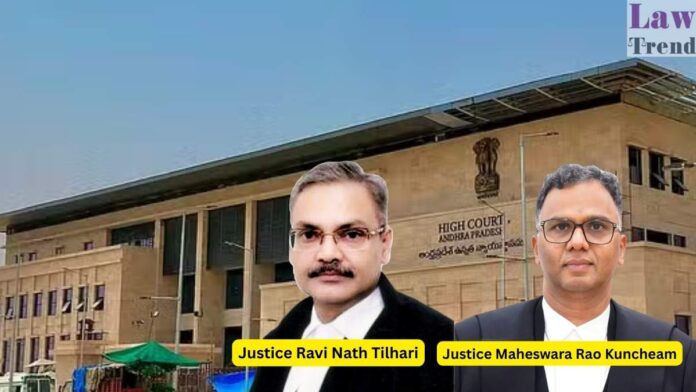In a significant ruling on Hindu succession law, the High Court of Andhra Pradesh has declared that a son born from a void marriage is entitled to a 5/6th share in his deceased father’s estate, which includes the shares inherited from his paternal grandmother and stepmother. The Division Bench, comprising Justice Ravi Nath Tilhari and
To Read More Please Subscribe to VIP Membership for Unlimited Access to All the Articles, Download Available Copies of Judgments/Order, Acess to Central/State Bare Acts, Advertisement Free Content, Access to More than 4000 Legal Drafts( Readymade Editable Formats of Suits, Petitions, Writs, Legal Notices, Divorce Petitions, 138 Notices, Bail Applications etc.) in Hindi and English.




